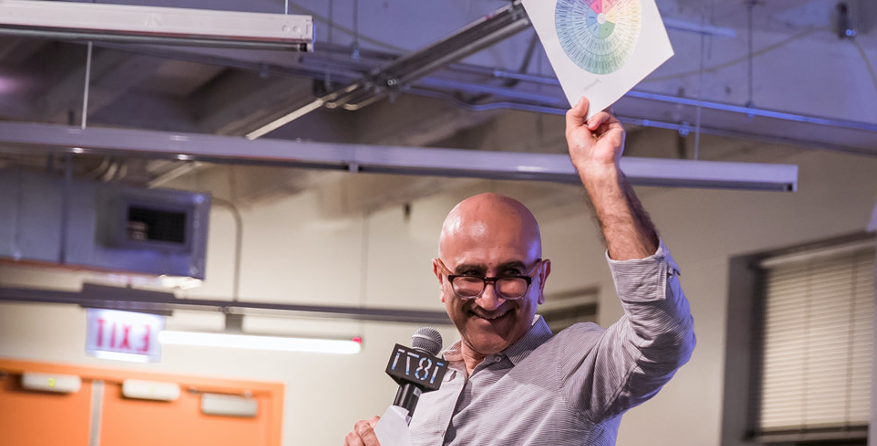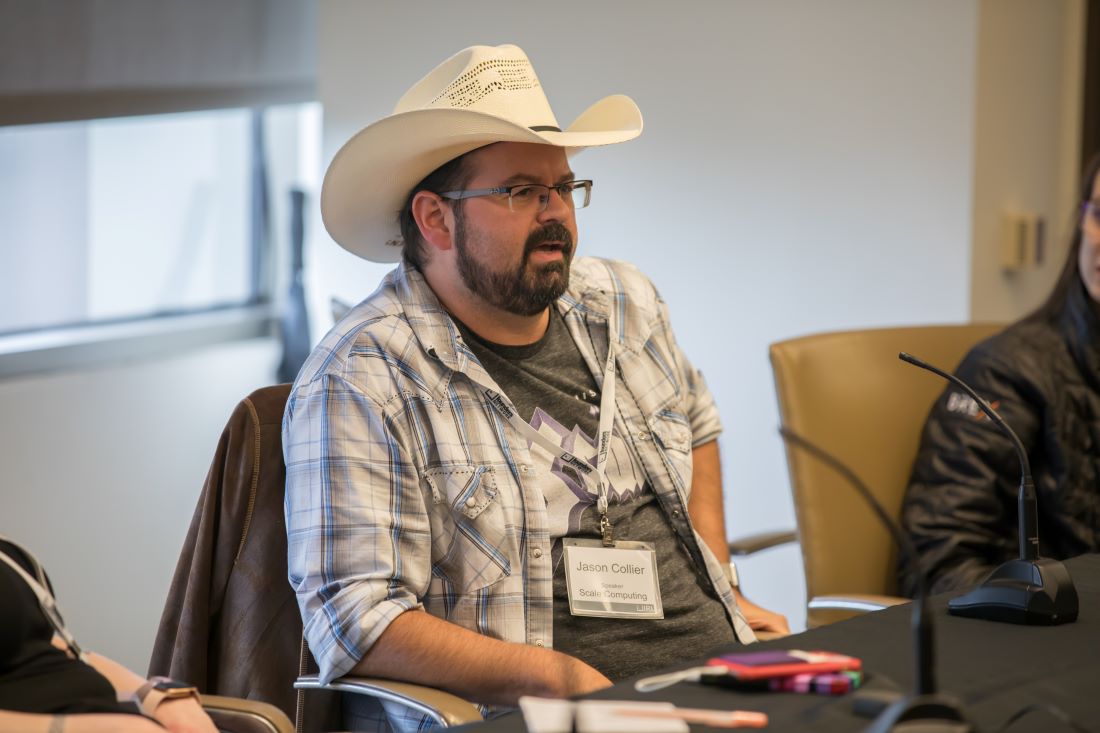
If you’re raising seed or pre-seed money, you need more than just capital. Matt Tillman, partner at TnT Ventures, explains what to look for in early-stage investors, best practices in making your pitch, and how to generate signal in addition to funds.
When you’re looking to raise a seed round, there’s more to the game than money.
Plenty of founders, and would-be founders, bring great ideas to the table. But selling others on it — and then executing on your vision — is easier said than done and kickstarting a successful journey often begins with having the right partners from the outset.
That’s according to Matt Tillman, serial entrepreneur turned investor who recently launched a cutting-edge new fund. With $120M total in exits under his belt, Matt teamed up with Parker Thompson to launch TnT Ventures, a rolling fund focused on early-stage SaaS startups. He shares what he’s learned about fundraising with Founders Network.
Register to Matt’s webinar and find out if you qualify for full membership to Founders Network and get practical tips on:
- Selling Equity, not Ideas
- Understanding Funds
- Defining Your Value
- Optimizing for Signal
- Making Your Pitch
“There’s a very specific way of pitching to early stage investors versus late stage investors,” Matt explains. “It’s less about your idea, and more about how you present your equity as valuable near and long term to investors.”
Investors of all stripes tend to care about the size of the opportunity in a particular market; the pace of growth; and your team’s ability to execute, among other variables. It also helps to know how to speak an investor’s language when it comes to the economics of your business, how that may evolve over time, and what metrics are important at each stage.
Likewise, founders should understand that not all asset classes are created equal, whether you’re working with an angel investor or a venture capital shop. It’s wise to be choosy about who you’re working with, even at the seed or pre-seed stage.
“As an early-stage founder, what you really need is signal.” - @mtillman Share on X“What you really need as an early-stage startup is signal, even more than money,” Matt says. “A lot of founders will go out to friends and family and raise $250,000, and then wonder why they can’t raise the next round. The reason is that no one knows who their friends and family are, so you basically have to re-credentialize yourself.”
There are other advantages to working with angel investors rather than a venture fund for your first round of fundraising, even if the venture fund is prestigious. Those reasons are innate both to the organizations and to the way funds are structured.
“Usually, if you’re raising money at a pre-seed or seed stage from a traditional fund, you’re not raising it from the two partners that run the fund — you’re raising it from two subordinate partners,” Matt explains. “In that situation, you’re not getting good signal, and you’re probably raising from a tier two or tier three fund to do that.” The vast majority of founders won’t be working with high-prestige funds like Andreessen Horowitz out of the gate, he points out.
That type of relationship also sets up further potential problems down the road: If a founder trips up and requires more capital, it may be harder to raise money from those investors because traditional funds have a set amount to allocate.
That problem is one reason why rolling funds — a new fund structure — are emerging. And that opens up opportunities for early-stage founders to connect with angel investors who understand the journey and what is needed at the seed and pre-seed stages.
“A cool idea doesn’t matter; what matters is how to execute, how you approach it, and how you talk to investors.” - @mtillman Share on XAt TnT Ventures, for example, many of the LPs are former founders who have personal experience undergoing the full startup trajectory. And rolling funds raise money on a quarterly basis, creating a less constrained environment for deal flow and a potentially higher pace of exits.
Angel investors — particularly those who know how to generate signal — are also personally invested in the success of the early-stage startups they work with, and realize that their influence counts. That’s a potentially powerful relationship, and one that early-stage founders should tailor their messaging to in making their fundraising pitch.
“A cool idea doesn’t matter; what matters is how to execute, how you approach it, how you talk to investors and how you generate signals,” Matt says.






